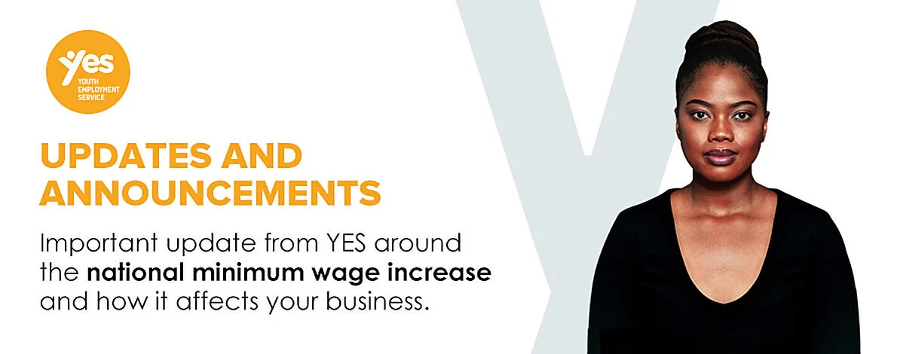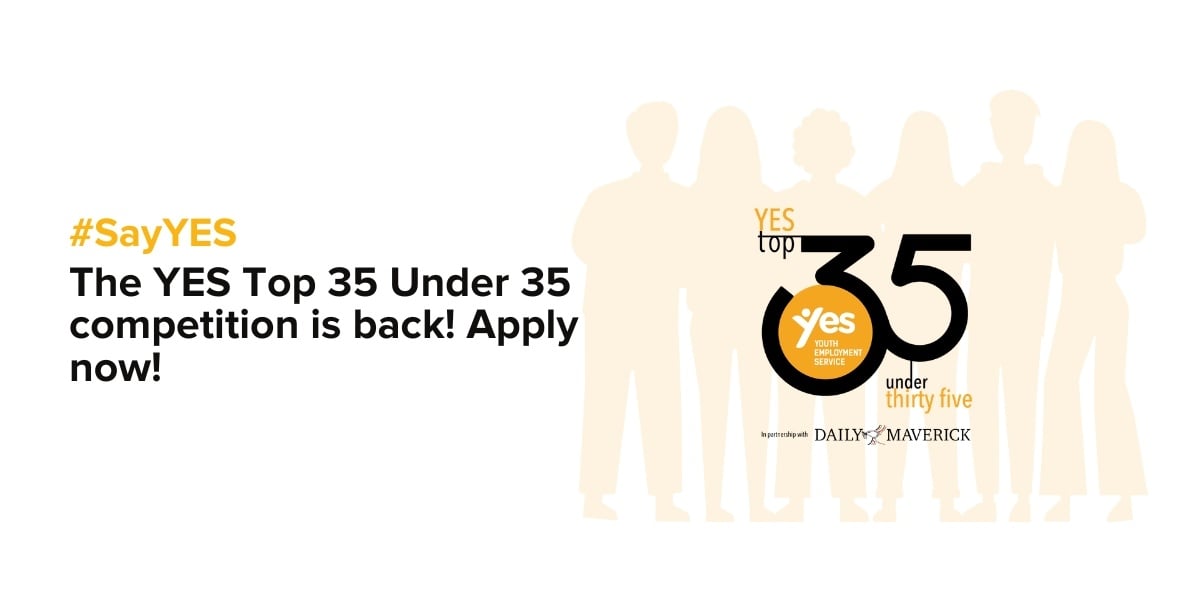June has become, in the past few years, a difficult month for South Africans to grapple with. It is supposed to be a time when we honour and commemorate the Sowetan teenagers and children of 1976 who found the courage to stand up to a militant apartheid government for their rights to an equal, accessible, and excellent education. However, the current strained economic environment is making it harder for young people to survive, let alone thrive.
If this never-to-forgotten Soweto Uprising should have taught South Africa anything it is the power of young people to make a noise that reverberates across decades, generations and political handovers if not given equal opportunity to learn, and ultimately, earn. Yet, our youth are ignored, forgotten, and shut out of the economy.
This is why this month is so difficult for South Africans – our youth unemployment rate continues to rise every year. Since Q1 of 2020, our expanded youth unemployment rate has gone up by 7% (or by at least 1.5 million young people aged 15-34). Today, two in three youth are unemployed (7.5 million young people).
That’s 7.5 million people who almost certainly do not have access to buy your company’s products or services, and probably won’t have access for years to come, and maybe, never will. That’s 7.5 million young, capable, dynamic people who are not contributing to the economy or paying taxes.
Our country’s most important [forgotten] resource
Despite the 1994 Reconstruction and Development Programme (RDP) calling youth “our country’s most important resource”, they have been left in a state of “waithood”[1]– primed and ready to work and be productive without the opportunity to do so.
De Lannoy and Langa (2021), in their chapter “Waithood, ambiguous agency and young people in South Africa: Reflections on policies and realities”, the authors chronicle statements made about youth by the Presidency and the National Planning Commission (NPC) in the nearly three decades since the RDP’s statement above:
In the 2012 National Development Plan (NDP) produced by the NPC, it was stated that South Africa “must find ways to reduce the alarming level of youth unemployment and to provide young people with broader opportunities…Failure to act will threaten democratic gains”.[2]
The National Youth Policy (2015-2020) noted that “Young people feel excluded, largely due to high unemployment rates and their inability to participate economically.”[3] The same document also acknowledges youth as “a major human resource for development, often acting as key agents for social change, economic expansion and innovation. Their imagination, ideals, energy and vision are essential for the continuous development of society”.[4]
There are two messages above, one that fears the power of the youth if they do not have access to earning opportunities, and one that idealises and lauds the power of the youth as changemakers, and as valuable resources for country, company, and community. At YES, we choose to view young South Africans through the lens of the latter.
Despite the perpetual “waithood” – no one is coming to save them. This means no one is coming to save us or our economy. We have to save ourselves in a way that enables not only broad-based change, but mutual benefits (or incentives) for the private sector.
That’s where YES, and you, come in
Let’s face it. If you lead the youth, you lead the market. You get critical insights into what your future consumers want and need and can shape your offerings based on this. But, you need to have them on your side, in your business, and earning the income to purchase.
YES, the largest jobs impact programme of its kind in the country, is a completely private sector-funded and led initiative that collaborates with government and labour to enable 12-month quality work experiences (QWEs) for unemployed youth. In return for sponsoring the placement of youth (either inside your own business or externally through the YES turnkey solution), your business gains up to two levels up on your B-BBEE scorecard, and/or can integrate your YES programme with your environmental, social, and governance (ESG) and Sustainable Development Goal (SDG) strategies.
While YES is not the silver bullet to the country’s myriad problems, it forms one of many actions the private sector can take, while government works to address other macro issues.
To date, YES and its partners have enabled over 82,000 QWEs for unemployed youth, injecting R4.6 billion into the economy through YES Youth salaries alone in just over three years – despite the pandemic and worsening unemployment rates.
These results are a testament to innovative policy that is rooted in shared value – it works, and so we need more of it.
So far, over 2,200 corporate partners have signed on to YES to co-create a future that works, and this movement is growing. The benefits to our corporate partners go beyond B-BBEE (although this is a massive and worthy incentive).
The turnkey solution
Through the YES turnkey solution – which allows corporates to sponsor the placement of youth in YES-vetted non-profits and small businesses working in high-impact sectors across the country – youth can work in roles that directly build their communities. Anglo American Platinum, for example, placed 720 youth in communities that surround their mines, such as Rustenburg, in sectors like healthcare and education. The impact of these placements is astounding:
- Within healthcare, COVID-19 vaccinations were ramped up, as YES Youth aided in vaccinating 23,000 people per month.
- The YES Youth placed in the education sector as teacher assistants in these mining communities helped increase class pass rates from 72% to 86%.
While many corporate partners are opting for this solution and creating measurable impact in other sectors – digital, early childhood development, conservation, creative, agriculture etc. – we need more corporates to come on board. Imagine if collaborative, high-impact programmes that harness young people’s talent and power for social good were increased what a difference that would make.
Build your talent pipeline
If you prefer to place youth within your own business, you can directly build a talent pipeline. The programme enables you to try out youth cohorts and select the best fit. You can then develop these gems into long-term employees with best matches to your organisation’s culture and values. More than that, you can harness their “imagination, ideals, energy and vision” to shape future-facing products and services, strategies and internal policies that this generation (and market) will buy into.
Our 82,000+ YES Youth (58% of whom are women) continue to grasp every opportunity with both hands. They are dying to show the world their potential and what they can do, and never fail to impress us and the hero companies who enable these opportunities.
Many YES corporates have very high absorption rates because they see the value these young people bring to their organisations when given a chance: “In these times of adversity, we require a young and capable team to maintain momentum,” says Adam Craker, CEO of consulting firm, IQBusiness. “[Of the YES Youth we took on], 94% of them have been offered full-time employment.”
Join the movement
YES Youth continue to show South Africa that they are not lazy; they are primed and they are ready to become productive members of our society, despite being unemployed for months, and even years before an opportunity arises. They continue to commemorate the youth of ‘76 with displays of their own courage, resilience and hope in the face of the devastation unemployment brings to individuals, family, communities, and the country at large.
See for yourself.
In celebration of Youth Month, we put together a collection of videos of YES Youth telling their stories. We know that many of our YES Youth will go onto be future leaders, trendsetters, and heroes of our country, and that is all thanks to our hero partner who continue to say YES. Click here to see more from our YES Youth Stories page
This Youth Month, join the movement: harness the power of young people and define our future.
Give young people the dignity of a job.
[1] De Lannoy and Langa (2021)
[2] NPC, 2012, p.16.
[3] The Presidency, 2015, p. 15.
[4] The Presidency, 2015, p. 2.





-2.png)